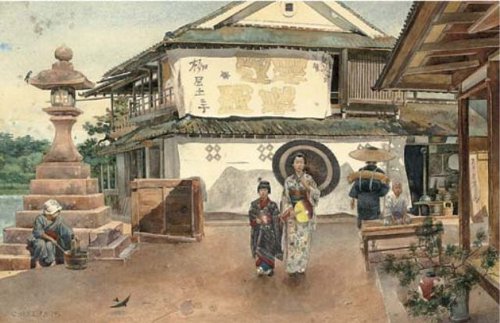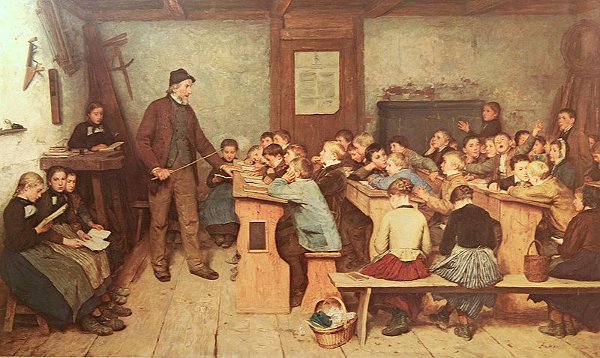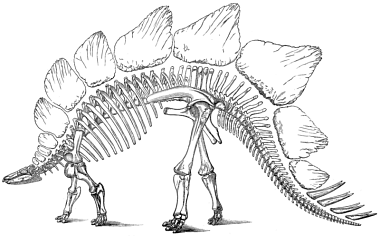
A globe-trotting man from St. Paul
Made a trip to Japan in the faul.
One thing he found out,
As he rambled about,
Was that Japanese ladies St. Taul.
A censor, whose name was Magee,
Suppressed the whole dictionaree;
When the public said, “No!”
He replied, “It must go!
It has alcohol in it, you see!”
There was a young man from the city,
Who met what he thought was a kitty;
He gave it a pat
And said, “Nice little cat!”
And they buried his clothes out of pity.
— Carolyn Wells’ Book of American Limericks, 1925


